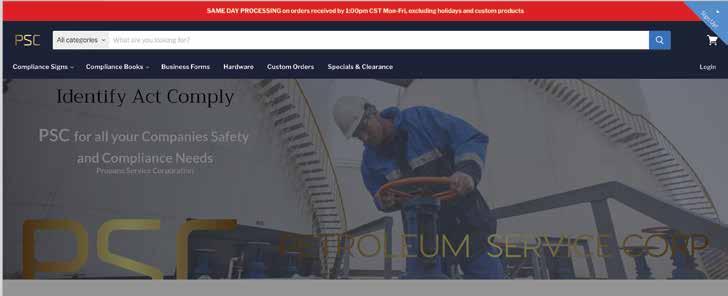Feature
How Can Fleets Minimize Risks and Improve Safety? avoid a nuclear verdict and that starts with a thorough review and assessment of your safety training and practice. ATRI researchers found that “the more safety activities motor carriers engaged in to prevent crashes the lower the likelihood that a nuclear verdict would result,” but they also said most trucking companies “do not allocate enough resources toward safety and crash prevention.” There are ways to minimize the risks, improve the safety of your trucks and drivers, and to protect your operations. Improving safety and avoiding accidents must be the main priority of trucking firms. Also, implementing programs and technology to maintain evidence that your fleet meets or exceeds industry standards and safety practices is a must. There is a combination of factors that need to be considered to do this successfully: how you run your fleet, how you recruit, train and manage your drivers, and truck safety technology.
How You Run Your Fleet
Making safety a part of the corporate culture begins with excellent communication. Repetition of the safety message serves to increase daily awareness. Consequences for violations of the company safety policy must be clearly laid out and enforced. Also, take time to review company safety policies and look at what is working well along with what is not. Be flexible and adjust your safety policies and practices as needed. Compliance with internal policies and procedures is a crucial factor. The FMCSRs provide some guidance on what policies a trucking company needs to have, but the trucking company must create its policies or hire a consultant to create them. Once the policies are in place, the trucking company must distribute and ensure compliance with its policies. Make sure that you are doing
more than the minimum, with respect to safety and compliance. In addition, create and implement a catastrophic action plan so you have some steps in place should anything happen.
How You Recruit, Train & Manage Your Drivers
Make sure that you are adhering to all regulations, whether it relates to hiring, training or qualifying your drivers. Driver recruitment and training are important, both initial and ongoing training and supervision. When recruiting safe drivers, make sure to look at the history of alcohol/drug-related violations, DOT crashes, violations related to speeding, prior driving experience, and background checks. Also, make sure that your system of organizing all records is absolutely perfect. When a new driver is hired, it is necessary to train them on all the information the driver will need to perform the job. Existing drivers should also be trained regularly. All drivers should have access to information on safe driving strategies and techniques, including instruction in defensive and distracted driving. While driver training is not required under the FMCSRs after a driver already has his CDL, many motor carriers have some ongoing training available to or required for drivers. Making sure that training is documented is essential to successfully stave off an attack. Crash prevention is the best way to
How You Integrate Truck Safety Technology
Technology is crucial to the future of trucking – for everyone’s safety. There are a variety of safety technologies that you can invest in and implement. In any crash, a carrier must be able to reliably demonstrate what happened – and where the fault lies. And more importantly, where it doesn’t lie. A high-quality connected camera system is fundamental and should be the bare minimum protecting a truck. An inward-facing camera shows exactly what the driver was doing at any point in time. These systems protect the driver and the carrier and provide powerful, incontrovertible evidence in the event of an accident. Plaintiffs will look not only at the context of the crash and the immediate journey leading to it but also at the history of the driver and the operator. So not only is training, record keeping, compliance, and maintenance of vehicles fundamentally important, but truck technology that captures incidents and alerts fleet managers to potential issues could make all the difference. With nuclear verdicts not going away any time soon, carriers can protect themselves, their drivers – and all road users by following the steps laid out above.
These tips are courtesy of FleetWorthy.com in a November 2020 blog entry. Fleet Worthy Solutions offers transportation management services. February 2021 •
Texas Propane
13




